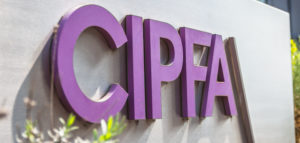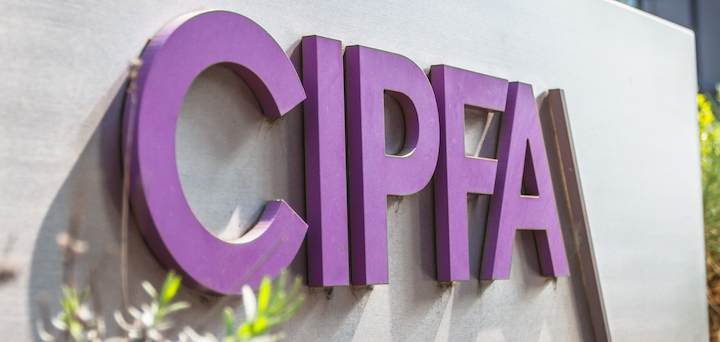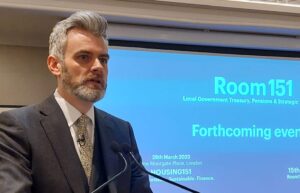
CIPFA is coming under increasing pressure to allow members to review the independent report into the failure of its London Counter Fraud Hub (LCFH), which collapsed in 2019 with an impairment cost of £3.7m.
Martin Sinclair, a former deputy auditor general of the National Audit Office, produced the report in October 2020. His eight recommendations were summarised in CIPFA’s 2020 annual report and accounts, but Sinclair’s full report has not been seen by members.
Roman Haluszczak, a CIPFA member and former senior manager at the institute, has called for members to be offered a vote at their annual general meeting in July on whether the report should be fully available. He has requested that the issue be discussed at the CIPFA Council meeting on 4 May.
CIPFA has acceded to the latter request, telling Room151: “In compliance with our bye-laws, Council will indeed be considering whether Roman’s motion is to be included on the AGM agenda. As CIPFA sees this as an internal governance matter, no further comment [will be made] at this time.”
According to Haluszczak: “CIPFA must let its members decide whether the report on the 2019 write down should be released for its members to review. This is not simply an internal matter that should not be considered further. It has direct implications on how a major project within the institute was managed and how that resulted in a significant £3.7m write down.”
We must ensure that something like this never happens again, and we can only do this by knowing precisely what happened in the past, who was responsible and accountable and what concrete steps have been taken to ensure any errors are not repeated.
CIPFA’s ‘public benefit responsibility’
Haluszczak said that as CIPFA is a registered charity, it has a “public benefit responsibility” and that council members should recognise that when they discuss the issue in May.
“We must ensure that something like this never happens again, and we can only do this by knowing precisely what happened in the past, who was responsible and accountable and what concrete steps have been taken to ensure any errors are not repeated.”
The LCFH was envisaged as a data-sharing and analytics solution, run by CIPFA in association with a number of partners including individual London boroughs. However, a contractual dispute with the lead council and an inability to reach agreement with many of the other boroughs meant that the project collapsed.
CIPFA chief executive Rob Whiteman commented in the institute’s 2019 annual report: ‘As CEO, I must state personal and collective regret that, in spite of genuinely best endeavours on our part, we have not seen LCFH in a position to get over the line.”
The institute has subsequently brought together governance responsibilities under the new role of company secretary and head of governance. An advisory group, the Portfolio Board, has also been created to help provide “rigour to business case development and review for projects and programmes”.
—————
FREE weekly newsletters
Subscribe to Room151 Newsletters
Room151 LinkedIn Community
Join here
Monthly Online Treasury Briefing
Sign up here with a .gov.uk email address
Room151 Webinars
Visit the Room151 channel













